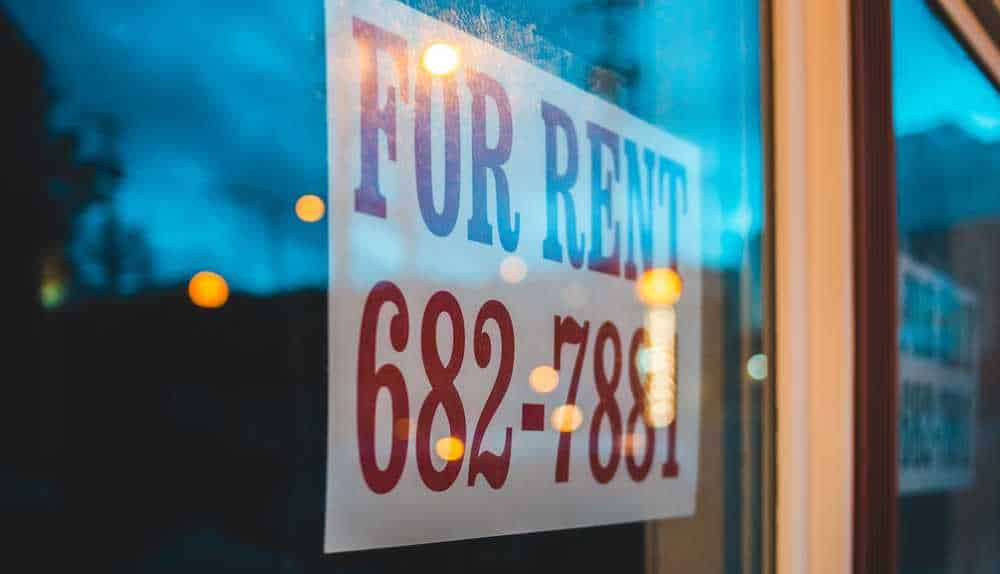Surety Bond as Security Deposit Alternative
- November 10, 2022
- admin
- Category: Property Management

A surety bond is an agreement between a third party and the government or another entity. The surety bond guarantees that certain obligations will be met, usually relating to financial liabilities.
If, for example, you are applying for a driver’s license in Pennsylvania and have not yet established residency there, then your state of origin may require you to post a surety bond as security deposit before issuing the license.
What are Surety bonds?
A surety bond as mentioned above is an agreement between three parties: the principal, the obligee (the borrower), and the surety company. The principal is responsible for purchasing the bond and paying on time, every time.
The obligee becomes protected by this agreement; if they don’t pay their debts as promised or at all (for example, if they default on a loan), then your surety may be forced to take legal action against them in order to collect damages from their assets.
By signing up for one of these types of agreements with your clients’ names on it ahead of time rather than just relying solely on them being able to show up at court when needed—and having all parties involved sign off on terms beforehand—you ensure that both sides have clear expectations going into each transaction.
This creates less risk than another option might offer but still allows you room for error should something go wrong during processing or payment schedules are missed because someone forgot about something important like an invoice due date coming up soon enough after agreeing upon terms beforehand.”
Surety bonds as an alternative to security deposits
Surety bonds are often used as a security deposit alternative. A surety bond is an agreement between three parties: the principal, the obligee, and the surety company. The bond guarantees that the loan or rental payments will be made on time.
The principal is responsible for purchasing the bond and paying on time, every time. The obligee is the person who collects payments from tenants or homeowners, such as your landlord or mortgage bank (if you have a mortgage).
The surety company will pay out your money if you default on your debt obligations under state law—but only after they’ve recovered their own costs in doing so; this means that they’ll collect less than half of what’s owed before cashing out themselves!
Advantages of Surety Bonds
Surety bonds are a popular form of security deposit alternative. They provide financial protection, faster approvals, and compliance with state laws. The to very obvious advantages are as follows.
- Financial Protection: The surety bond is used to protect your business against losses caused by you or any of your employees. If someone files a lawsuit against you because they were injured on the job, then the surety company will cover their legal costs in paying off that claim while they’re still injured and unable to work. This can save you thousands of dollars!
- Faster Approvals: Most states require that an applicant be approved before they can get an insurance policy from a third-party provider like an employer group—and this usually takes weeks or months depending on how busy your local office gets during certain parts of the year (like around holidays). However, if you take out a surety bond instead then it only takes days instead!”
Other Advantages of Surety Bonds Explained
Faster Payment in Surety Bonds
Payments are made faster and easier. Surety bonds are guaranteed, meaning the funds will be paid directly to the obligee without any delays or delays. In addition, surety bonds can be paid immediately without requiring a credit check by either transferring money directly into your bank account or wiring them directly to your local fund administrator’s office.
Financial Protection Benefits
Surety bonds protect the obligee by ensuring that they’ll get what they’ve agreed to. If you skip out on payments, your landlord or mortgage bank can file a claim to get their money back. The surety bond will pay them back immediately, assuming you don’t have any other payments coming in that could offset the loss..
Surety bonds provide financial protection for the obligee. The principal is responsible for purchasing the bond and paying on-time, every time.
The surety company is responsible for issuing the bond and keeping track of your payments. It’s up to you as an owner/borrower to make sure that your payment dates are met in full and on schedule.
Gain a Competitive Advantage With Surety Bonds
Surety bonds are a great option for landlords who want to attract higher-quality tenants. If you own property and have tenants, surety bonds can help you get paid faster, avoid disputes with your tenants and protect yourself in case of a claim against your property.
Surety bonds are also an excellent way for landlords to offer greater protection to their properties by insuring themselves against damage caused by negligence or mismanagement. This means that instead of having to pay out large sums in damages if something goes wrong at the property, they will be covered by the bond itself if something does happen on their watch (or someone else’s).
Lower Bank Fees in Surety Bonds
Surety bonds are a great way to secure your property and lower the risk of losing it. They’re also much cheaper than traditional security deposits or rent payments, making surety bonds an attractive option for many landlords.
Surety bond fees are generally lower than both security deposit fees and rent payments typically paid by tenants at the beginning of their lease agreement—which means that it’s important for landlords to understand all their options before taking on any new tenants with a surety bond in place.
Additional Screening With Surety Bonds
Surety bonds are an alternative to security deposits that can be used for screening purposes. Surety bonds require additional screening and payment of a processing fee, which may be waived if you’re approved by the landlord.
- Credit check: Landlords will run a credit report before approving a tenant’s application (or requiring one). This is done automatically through your credit card company or bank statement, but it doesn’t mean you’ll necessarily get approved for the property—it just shows that there’s no reason not to approve them after all.
- Criminal record check: If there’s any indication that someone could pose an illegal risk to others, this will likely come into play during the process of applying for a surety bond.* Eviction history check: While most landlords do not ask about criminal records when screening tenants (they only want good ones), some do ask about previous evictions.* Criminal conviction history search: If they find evidence that any part of their proposed lease agreement would violate state laws against discrimination based on gender identity or sexual orientation
Compliant with State Laws
Sometimes, state laws prohibit landlords from charging a tenant more than one month’s rent for a security deposit..
Some states limit the amount of security deposit that landlords can charge their tenants. In these states, the landlord cannot charge more than one month’s rent for a security deposit. If you live in one of these states, it is important that your lease agreement and any other documents clearly state what is allowed by law regarding this matter.
If it is not possible to follow all requirements outlined above or if there are no special circumstances surrounding your rental situation, then you should contact an attorney who specializes in real estate law to find out whether or not your specific situation falls under any applicable laws before making any commitments with regards to paying rent pre-security deposit refunded upon termination date (or otherwise).
Disadvantages of Surety Bonds
You might be wondering, “What are the disadvantages of a surety bond?” Well, there are many.
- The biggest disadvantage is that you must have a surety bond in order to get your security deposit back.
- It can be difficult and expensive for landlords to collect on surety bonds if they’re not paid on time or at all.
- Some states require landlords to pay interest when they take out these types of contracts instead of just paying off the principal in full upfront; however, this can vary depending on state law so make sure you check with your local authorities before making any decisions about whether or not this option works best for you!
Conclusion
In conclusion, the best way to protect yourself as a landlord is to get a security deposit bond. This type of insurance protects landlords from any losses caused by tenant damage and it can also help you collect on late or unpaid rent when necessary.





